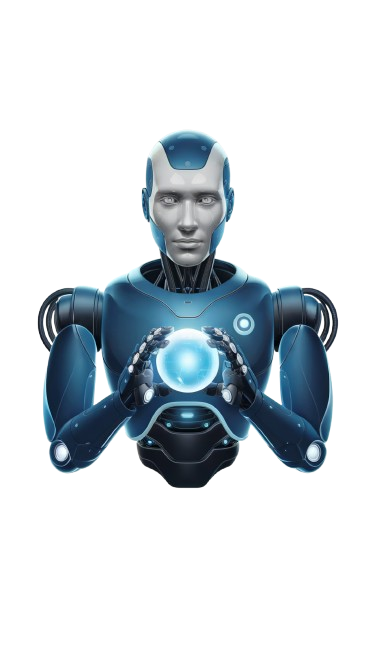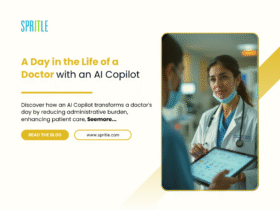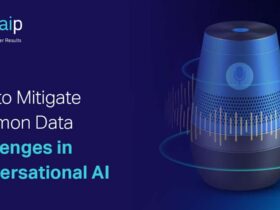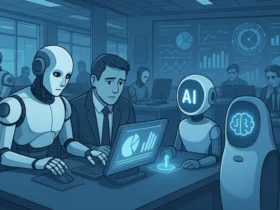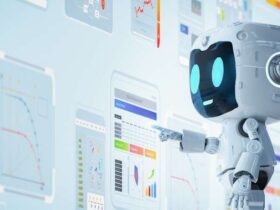The market value of artificial intelligence in healthcare hit a new high in 2020 at $6.7bn. Experts in the field and tech veterans also reveal that the industry would be valued at around $8.6bn by the year 2025 and that revenue in healthcare would come from as many as 22 diverse AI-powered healthcare solutions.
As you read, tons of innovations across the globe are happening to promote healthcare services, elevate service delivery, paving the way for better disease diagnosis, and more. The time is really ripe for the AI-driven healthcare sector.
Let’s explore the benefits of AI in healthcare and simultaneously analyze the challenges involved. As we understand both, we’ll also touch upon the risks integral to the ecosystem.
The Benefits of AI in Healthcare
Improved Patient Outcomes
- Early Disease Detection: AI enhances the accuracy and speed of diagnosing diseases like breast cancer through advanced image analysis.
- Personalized Medicine: AI helps tailor treatments based on individual patient profiles, leading to more effective care.
Economic Benefits
- Cost Savings: Early diagnosis and personalized treatments reduce healthcare costs by minimizing post-treatment complications and improving clinical trial efficiency.
- Efficiency and Productivity: AI automates administrative tasks, freeing healthcare professionals to focus on patient care, which improves operational efficiency and reduces burnout.
Enhanced Patient Experience
- Patient Empowerment: AI-driven tools empower patients to manage their health better through wearable devices and personalized health recommendations.
- Improved Care Coordination: AI facilitates better communication and coordination among care teams, enhancing patient satisfaction and outcomes.
Research and Development
- Accelerated Drug Discovery: AI accelerates the drug development process by simulating and evaluating potential treatments, reducing time and costs in clinical trials.
- Population Health Management: AI aids in predicting health trends and managing population health more effectively.
Administrative Streamlining
- Automation of Tasks: AI automates tasks like appointment scheduling, claims processing, and data entry, reducing administrative burdens.
- Error Reduction: AI minimizes human errors in data analysis and medical imaging interpretation, leading to more accurate diagnoses.

